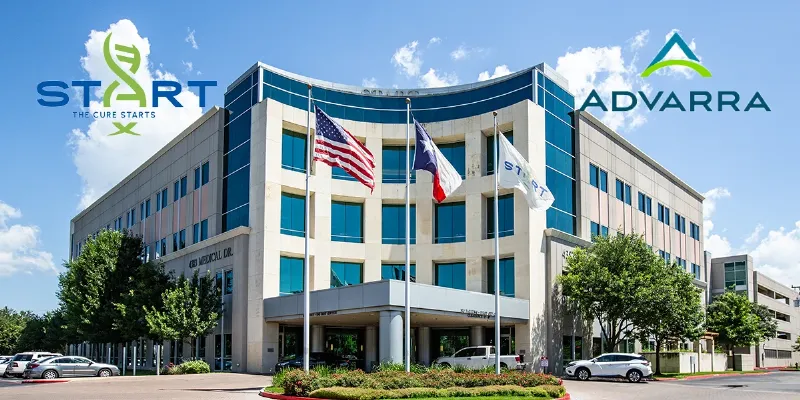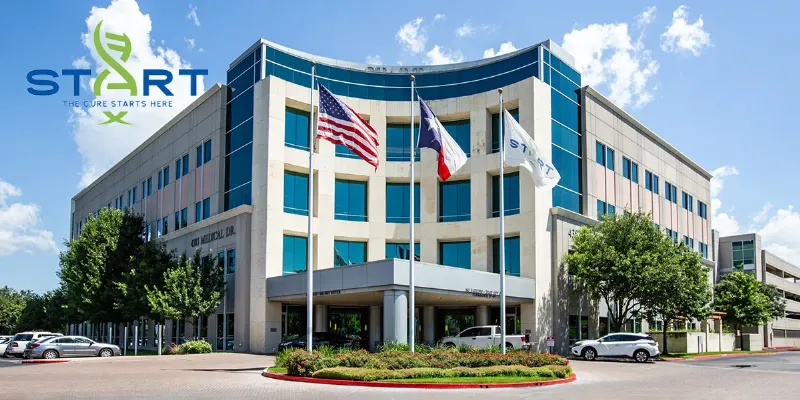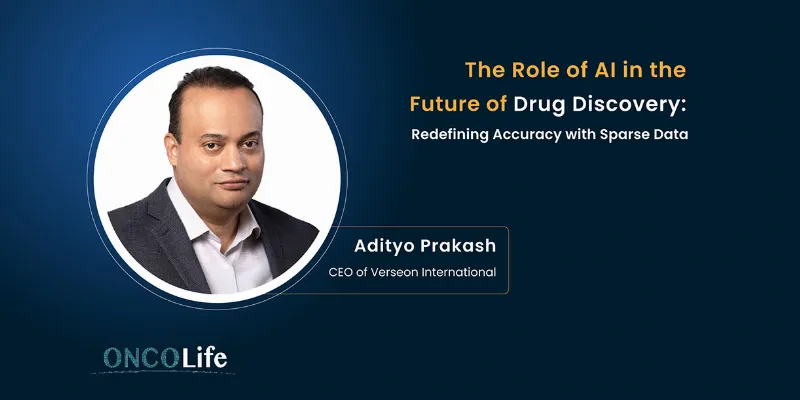Revolutionizing Drug Discovery with AI-Powered PleioGraph: 100 Times Faster


Digital Health |
22 March 2024
bioXcelerate, introduced PleioGraph, an AI tool promising to accelerate drug discovery by analyzing medical data 100 times faster than current methods. Developed by leading academics, it identifies disease-causing genetic interactions, offering cost savings and quicker patient access to treatments. The technology signifies a major advancement in drug development efficiency and patient care improvement.
PleioGraph's innovative technology harnesses bioXcelerate's proprietary machine learning algorithms to sift through vast amounts of biological data. It identifies crucial interactions among genes, proteins, and cells—known as genetic colocalization—shedding light on disease mechanisms and speeding up the drug development process. This process offers a quicker, more accurate understanding of disease development, a pivotal step in creating effective treatments.
The traditional drug discovery methods are notoriously slow and expensive, often resulting in significant delays in delivering new medications to patients who need them. PleioGraph's ability to process datasets 75 to 100 times faster than industry standards not only slashes the cost of drug development but also significantly shortens the timeline from research to patient access.
Dr Chris Foley, Chief Scientist and Managing Director at bioXcelerate, emphasizes the critical need for such advancements in the face of the rapidly expanding scale of available data. “The scale of data available is outpacing our ability to analyse it. While patterns explaining how diseases occur are hidden within our ever-increasing data-banks, AI technologies which quickly and accurately reveal these patterns are in short supply. At bioXcelerate, we are providing a solution to overcome these barriers. Combining our academic expertise with that of our unmatched breadth of health data science knowledge, our PleioGraph technology provides an exciting, industry-leading tool to supercharge early-phase drug discovery and ultimately, improve patient outcomes.”
The collaboration with leading pharmaceutical companies has already demonstrated PleioGraph's remarkable efficiency, processing extensive datasets in hours instead of months. This efficiency is expected to usher in a new era of drug discovery, characterized by cost savings and reduced patient wait times for new treatments.
Founded by scholars from prestigious universities such as Cambridge, Edinburgh, Imperial College, and Oxford, bioXcelerate strives to bridge the gap between academia and the pharmaceutical industry. This collaboration aims to foster a symbiotic relationship that not only advances health outcomes but also benefits society at large.
Dr. Heiko Runz, a scientific partner of Optima, highlights the broader implications of improving drug discovery efficiencies. “Drug development costs are on the rise and coupled with a high failure rate, the development of new treatments has become drawn out and costly. By improving efficiencies in drug discovery, we hope to accelerate the emergence of novel medicines that positively impact patients’ lives and reach them more rapidly.”
About bioXcelerate:
A trailblazer in life science innovation, bioXcelerate aims to revolutionize the pharmaceutical, biotech, and public health sectors through data science. Leveraging advanced statistics, machine learning, and software engineering, the division aims to unlock key insights that catalyze the drug discovery and clinical development processes, ultimately improving patient outcomes. By fostering collaboration between industry and academia, bioXcelerate's team of seasoned scientists is set to redefine efficiency in the life sciences, enhancing patient care and experience.











Comments
No Comments Yet!